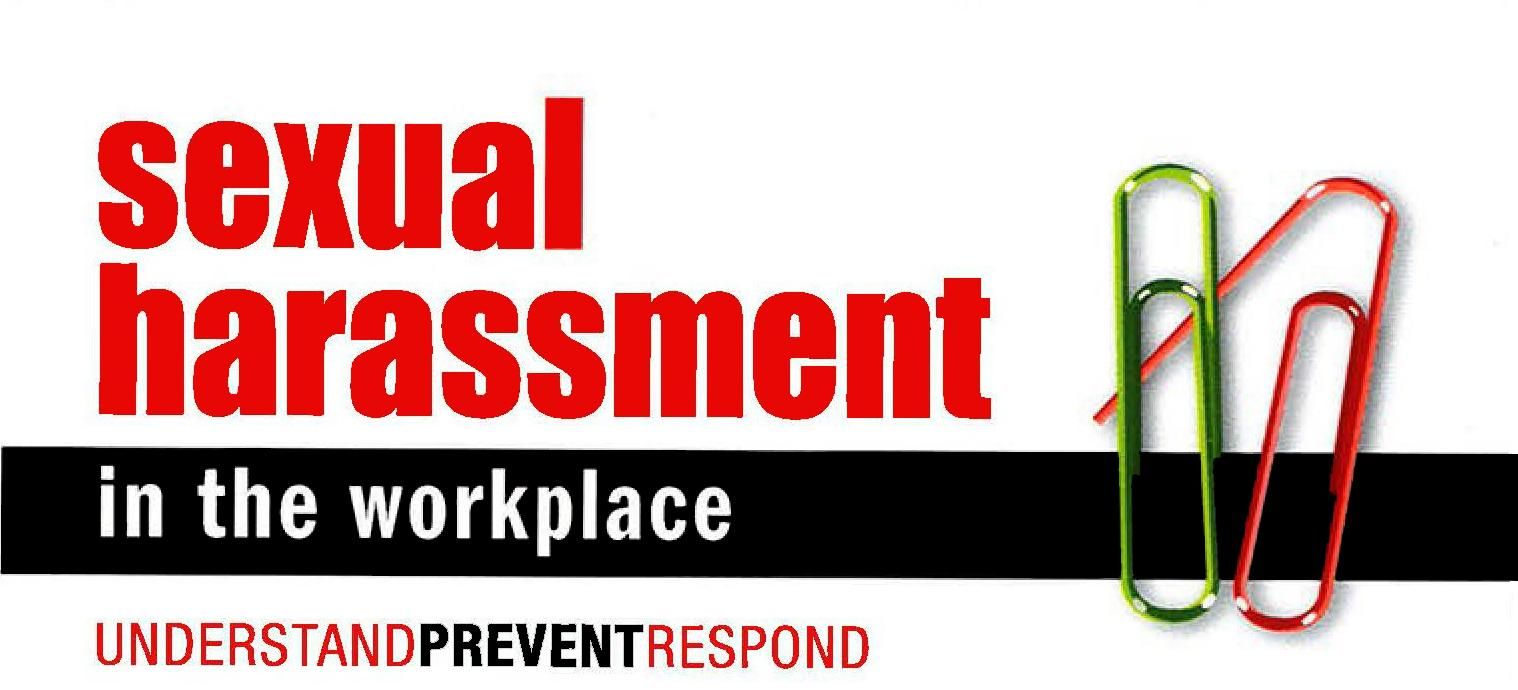What Do You Do if You’re Sexually Harassed at Work
- Vinutha Menon
- in
- Expert Advice
- |
- 19 Mar 2017

The globe is exploding with women who have stepped out of the shadows and into the light to say, "Me too. It happened to me, too."
This was a long time coming. Almost every woman on earth will have a Me Too story, if not multiple ones.
As a company of (mostly) women, by women, and for women, with allied men, we are saying that we want this abuse of power to stop. Here and now.
We believe that women who want to return to work should do so with dignity, with confidence, with strength, with pride.
And once you HAVE restarted, be aware of your rights within the workplace. We've put them down below, for you to read, heed, and remember or refer to, if and when the need arises.
We sincerely hope that it does not. We hope for a better tomorrow - in our homes, on our streets, in our workplaces, in our societies...
The SH (Sexual Harassment of Women at Workplace - Prevention, Prohibition & Redressal) Act, 2013
This act prescribes certain measures to be implemented to prevent, inquire into, and act against acts of sexual harassment at the workplace.
The term ‘sexual harassment’ is defined by the SH Act inclusively to refer to unwelcome acts or behaviour comprising of physical contact or advances, making sexually coloured remarks or any other unwelcome physical, verbal or non-verbal conduct of a sexual nature.
Additionally, the SH Act in defining an 'aggrieved woman', that is, a woman who has been subjected to sexual harassment, refers to a woman who is employed or not at the workplace, such as a temporary worker or intern.
| Read blogs in our Founder's Blog section...
Internal Complaints Committee
The SH Act requires the employer to constitute an Internal Complaints Committee ("Committee"), with members nominated by the employer from amongst the employees and one member from a non-governmental organisation or association familiar with issues of sexual harassment. With respect to the member from a non-governmental organisation or association, the Sexual Harassment of Women at Workplace (Prevention, Prohibition and Redressal) Rules, 2013 ("SH Rules") permit such person to be either a social worker with at least 5 years' experience in women empowerment initiatives or social work addressing workplace sexual harassment or a person familiar with labour, service, civil or criminal law.
One-half of the members of the committee are to be women and the presiding officer is to be a woman.
The Committee is to receive and investigate any complaints of sexual harassment at the workplace.
| Read blogs in our Back to Work section...
Investigation
Once the Committee receives a complaint of sexual harassment, and prior to the commencement of its inquiry into the same, the SH Act permits it to take steps, at the request of a complainant/aggrieved woman, to settle the matter between the complainant and the respondent. However, a monetary settlements is not permissible as the basis of conciliation.
In case no such request is received, the Committee is to inquire into the complaint in accordance with the service rules applicable at the workplace, and in the absence of the same, the procedure set out in the SH Rules would govern the inquiry process.
Under the SH Rules, the complaint is to be submitted in 6 copies, and must contain supporting documents and must identify the names and addresses of witnesses. One copy of the complaint must be sent to the respondent/accused person within 7 working days, and the respondent has a period of 10 working days to file his reply alongwith his list of documents and witnesses.
The Committee, in the course of inquiring into the complaint, must provide the complainant and respondent reasonable time to appear and respond to the complaint and be fair in its dealing of the matter. However, in the event that either the complainant or respondent fail to appear for three consecutive hearings, the Committee may (after providing 15 days' notice to the non-appearing party), terminate the inquiry or proceed ex-parte.
It should be noted that the SH Rules bar the parties from bringing any legal practitioners to represent them before the Committee, and require that the inquiry panel must comprise of a minimum of 3 members of the Committee (including the Presiding Officer).
| Read blogs in our Restarter Stories section...
Interim Relief
The SH Act and the SH Rules are geared to secure the interest of the aggrieved woman/complainant, particularly in instances where the complainant is an employee. Accordingly, they permit the Committee to seek and secure remedies that benefit the complainant, such as having the complainant transferred to another office during the inquiry or restraining the respondent from reporting on the work performance of complainant.
While neither the SH Act nor the SH Rules require the employer to suspend or transfer the respondent during the inquiry, in case such action is permitted under Sakra's service rules, the Committee or employer can consider giving effect to the same, on the basis of a prima facie evaluation of the merit of the complaint, nature of conduct complained against and likelihood of the unwelcome conduct being repeated.
At minimum, Sakra should assign another physiotherapist to provide any further services to the complainant.
| Read blogs in our Working Women section...
Remedial Action
After the completion of the inquiry and investigation, the Committee is to provide the employer with a report of its findings and, in case of a finding of guilt, recommend the penalties or remedial actions that should be taken against the respondent.
With respect to the penalties/remedial action that may be prescribed, the SH Act and SH Rules permit the issuance of a fine (which is to be paid to the complainant), issuance of a written apology, reprimand or censure, direction to undergo counseling or termination of the respondent's engagement.
In prescribing the penalty, the Committee and employer should also refer to and issue any applicable penalties as may be prescribed in the service rules applicable to the respondent.
| Read about Women-Friendly Companies on our portal...
Appeal
A respondent aggrieved by the penalties imposed or recommended by the Committee can prefer an appeal against the same within 90 days of the issue of recommendations by the Committee, and such appeal is to be filed either to the court or tribunal specified in the service rules, and in the absence of such specification, to the appellate authority constituted under the Industrial Employment (Standing Orders) Act, 1946.
Preventive Measures
In addition to the specification of the obligation to constitute an Internal Complaints Committee, the SH Act also prescribes certain measures that an employer must undertake to prevent sexual harassment at the workplace.
These include: (i) the display of the penal consequences of sexual harassment and the employer’s order constituting the Internal Complaints Committee at a conspicuous place, (ii) organise workshops and awareness programmes at regular intervals to sensitise employees and to undertake orientation programmes for the benefit of the members of the Internal Complaints Committee, (iii) treat sexual harassment as misconduct under service rules and (iv) take such other measures as are necessary to provide a safe working environment.
Reporting
The SH Act requires the Committee to prepare and send over a report in each year to the employer and the notified District Officer of the number of complaints of sexual harassment received, the number of cases disposed of, the number of pending cases, the number of workshops undertaken and the nature of action taken in response to sexual harassment.
Whether you are just starting out, already working or want to restart your career, visit our site, browse our bank of part-time, full-time, work-from-home, and freelance positions in 4000+ women-friendly companies! Create your profile, upload your resume and start job-hunting today!
That means YOU. Sign up with us TODAY.






